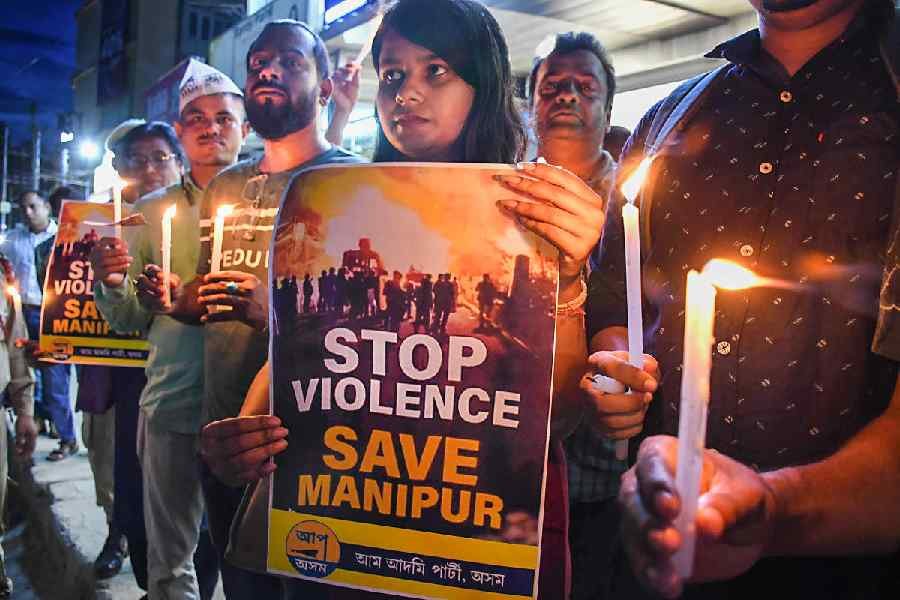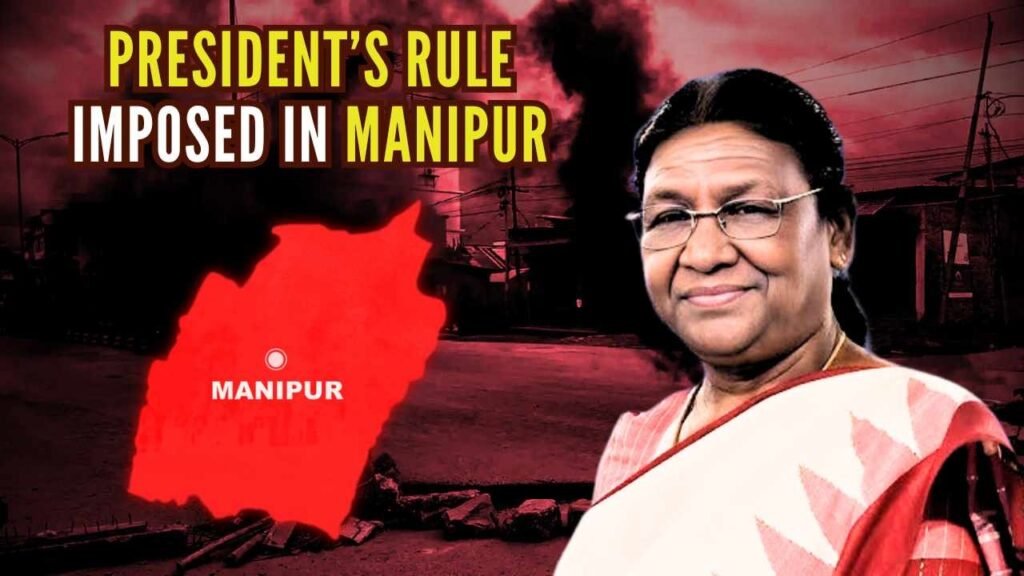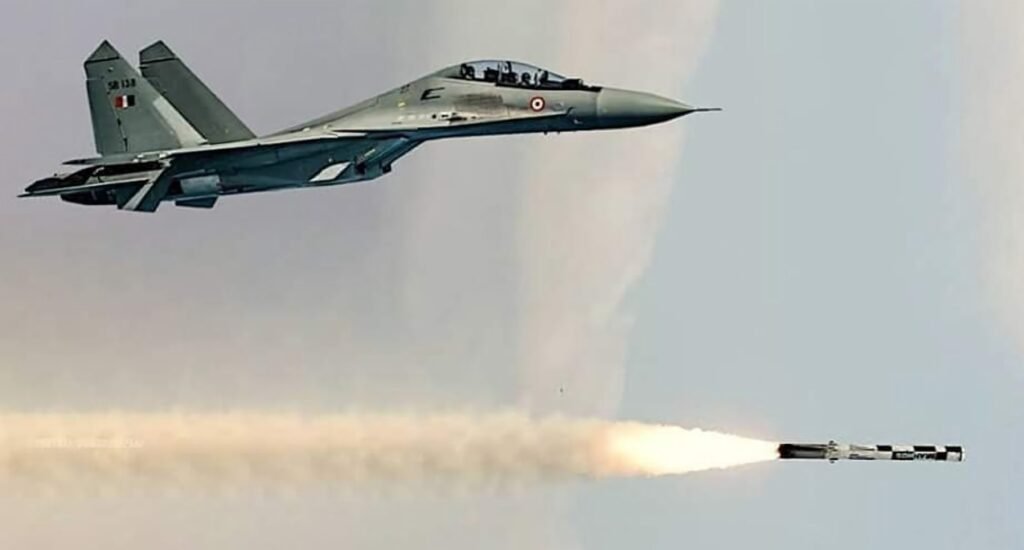Introduction
President’s Rule has been extended in Manipur for another six months, now effective until February 2026 (starting August 13), due to ongoing ethnic violence and administrative breakdown. The move follows continued unrest between Meitei and Kuki-Zo communities, which began with the 2023 “Tribal Solidarity March,” and the February 2025 resignation of CM N. Biren Singh. With no party able to form a stable government, the Centre imposed President’s Rule under Article 356 of the Constitution—a step that fundamentally changes governance in the state.
Why Was President’s Rule Imposed?
- On February 13, 2025, President’s Rule was declared after months of ethnic clashes, over 250 deaths, and more than 60,000 people displaced.
- Political instability peaked when Chief Minister N. Biren Singh resigned amid party dissent and no clear successor.
- Administrative machinery had collapsed; the Governor reported the government could not function as per the Constitution.
What Is President’s Rule?
President’s Rule (Article 356) allows the President of India to assume direct control of a state if its government can’t function according to constitutional norms. When imposed:
- The elected state government is dismissed.
- The Governor administers the state on the President’s behalf, assisted by top bureaucrats and presidential advisors.
- The state assembly is either dissolved or put in “suspended animation”; its legislative powers transfer to Parliament.
- The High Court and judiciary remain independent.
How Long Will It Last?
- By law, President’s Rule initially lasts six months but can be extended in six-month blocks with Parliament’s approval—up to a maximum of three years.
- As of July 2025, following a resolution by the Union Home Minister, the Lok Sabha and Rajya Sabha have approved extending it until February 2026.
How Does President’s Rule Change State Functions in Manipur?
- Direct Central Control: Day-to-day administration is overseen by the Governor, who acts on the Centre’s advice.
- No Elected Ministers: The Council of Ministers and chief minister’s leadership are suspended.
- Legislative Power: Parliament may make laws for Manipur; local MLAs lose legislative power.
- Security Operations: Central security efforts against insurgency and for restoration of order are ramped up.
- Reduced Local Voice: The focus shifts from locally elected representatives to bureaucratic administration and central oversight.
- Administrative Priorities: Emphasis on border vigilance, law-and-order restoration, and peace-building among ethnic groups.
Impact & Reactions
- Local MLAs (Meitei, Naga NDA MLAs, and others) have campaigned for a return to popular government, arguing that President’s Rule delays the restoration of democracy.
- Security remains fragile, especially in sensitive districts.
- Civil society groups continue to urge reconciliation and a roadmap for peace and fresh elections.
Conclusion
President’s Rule in Manipur is both a constitutional safeguard in crisis and a challenging period for the state’s democracy. While it can help restore order, prolonged central rule limits the voice of the state’s electorate. The priority now is reconciliation, stability, and paving the way for a return to elected government before the next assembly term ends in 2027.




